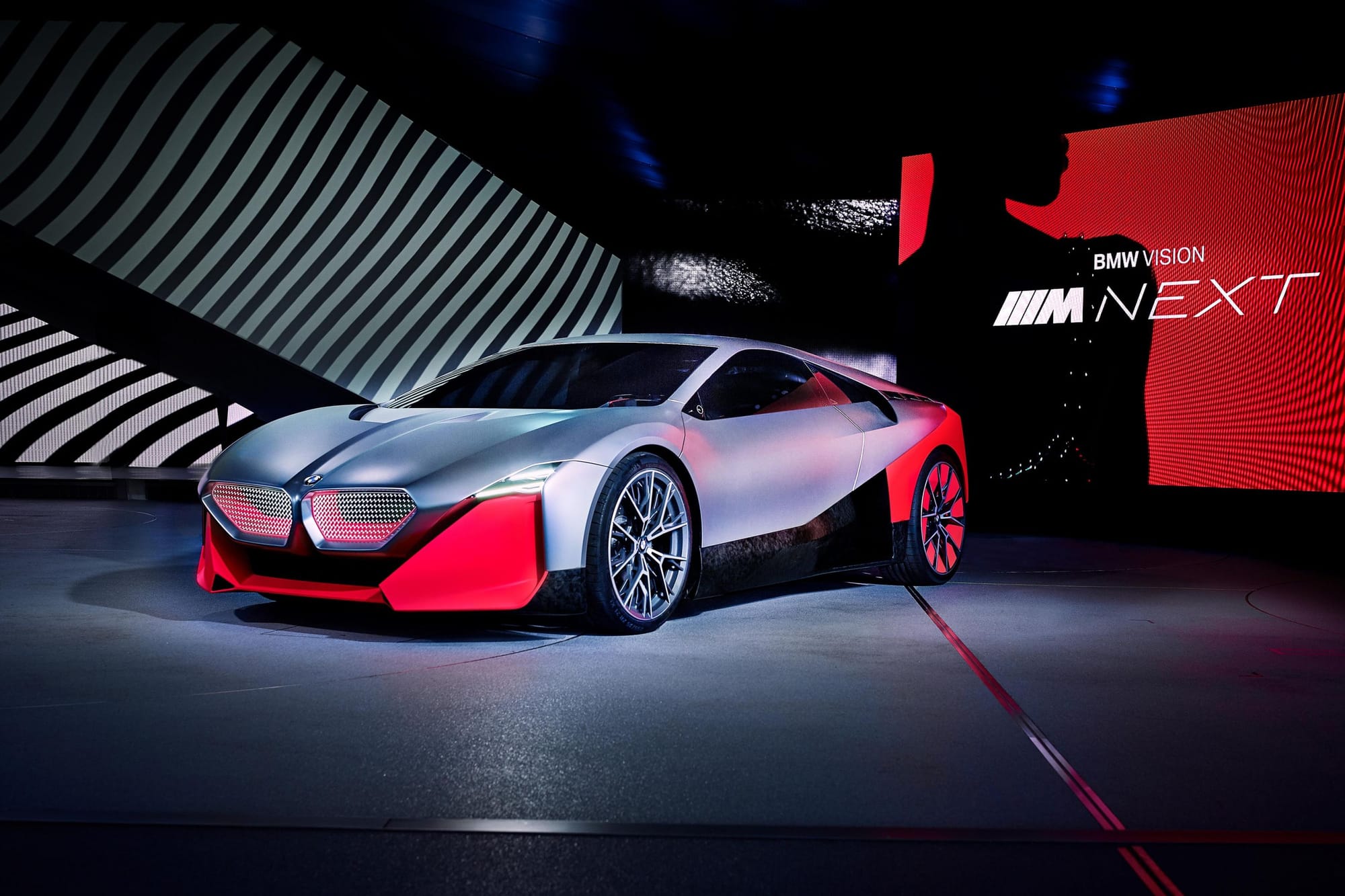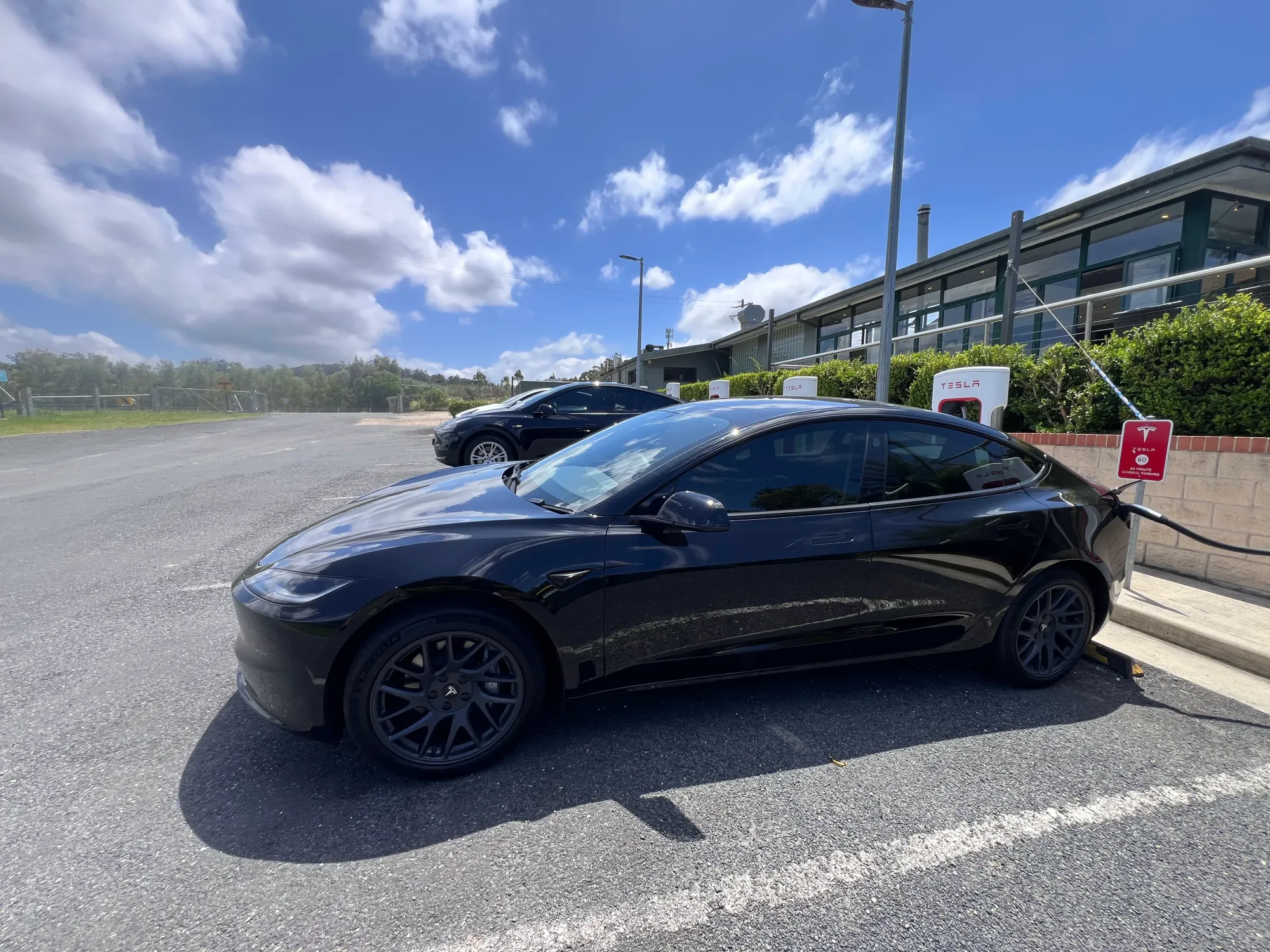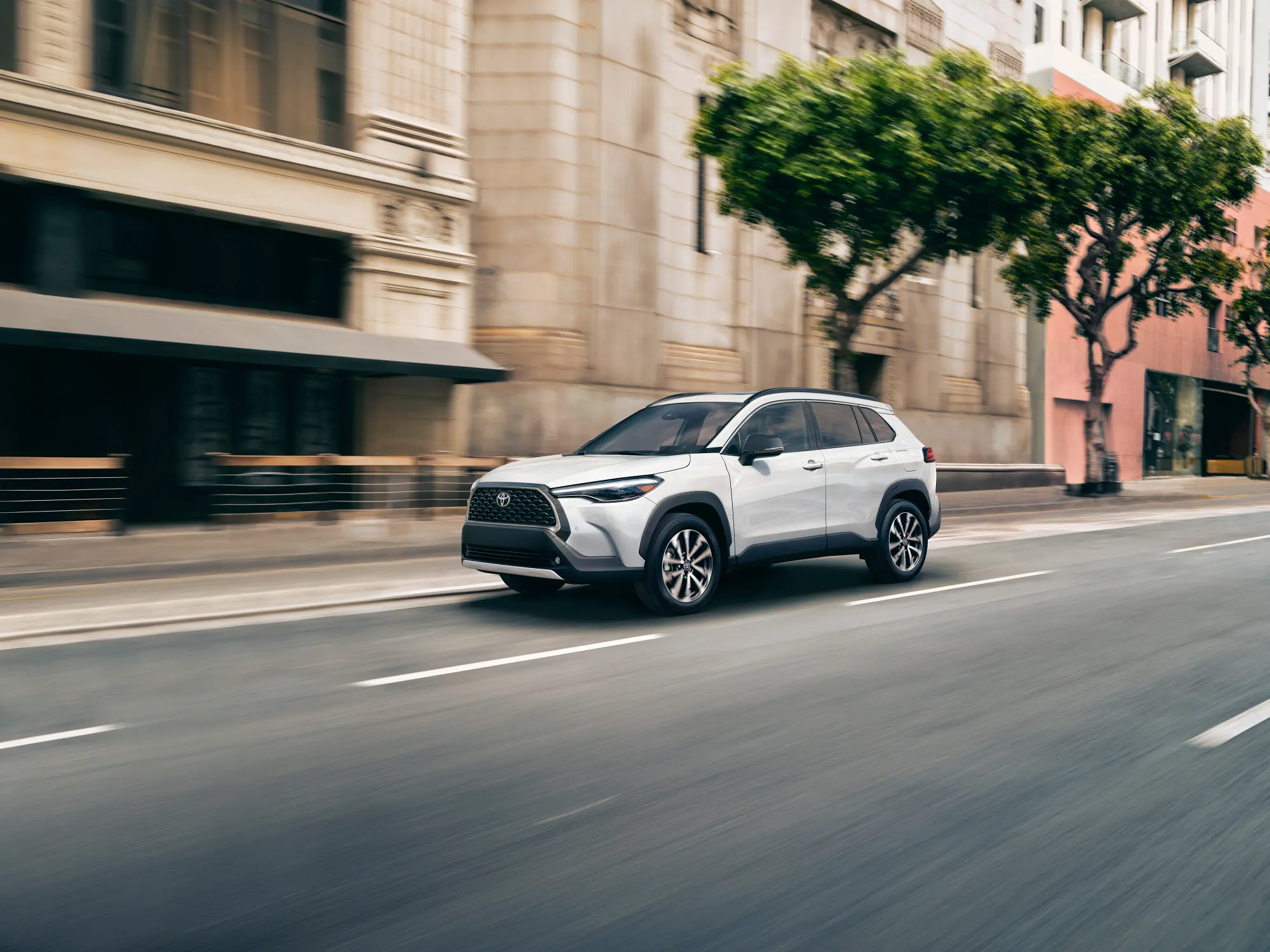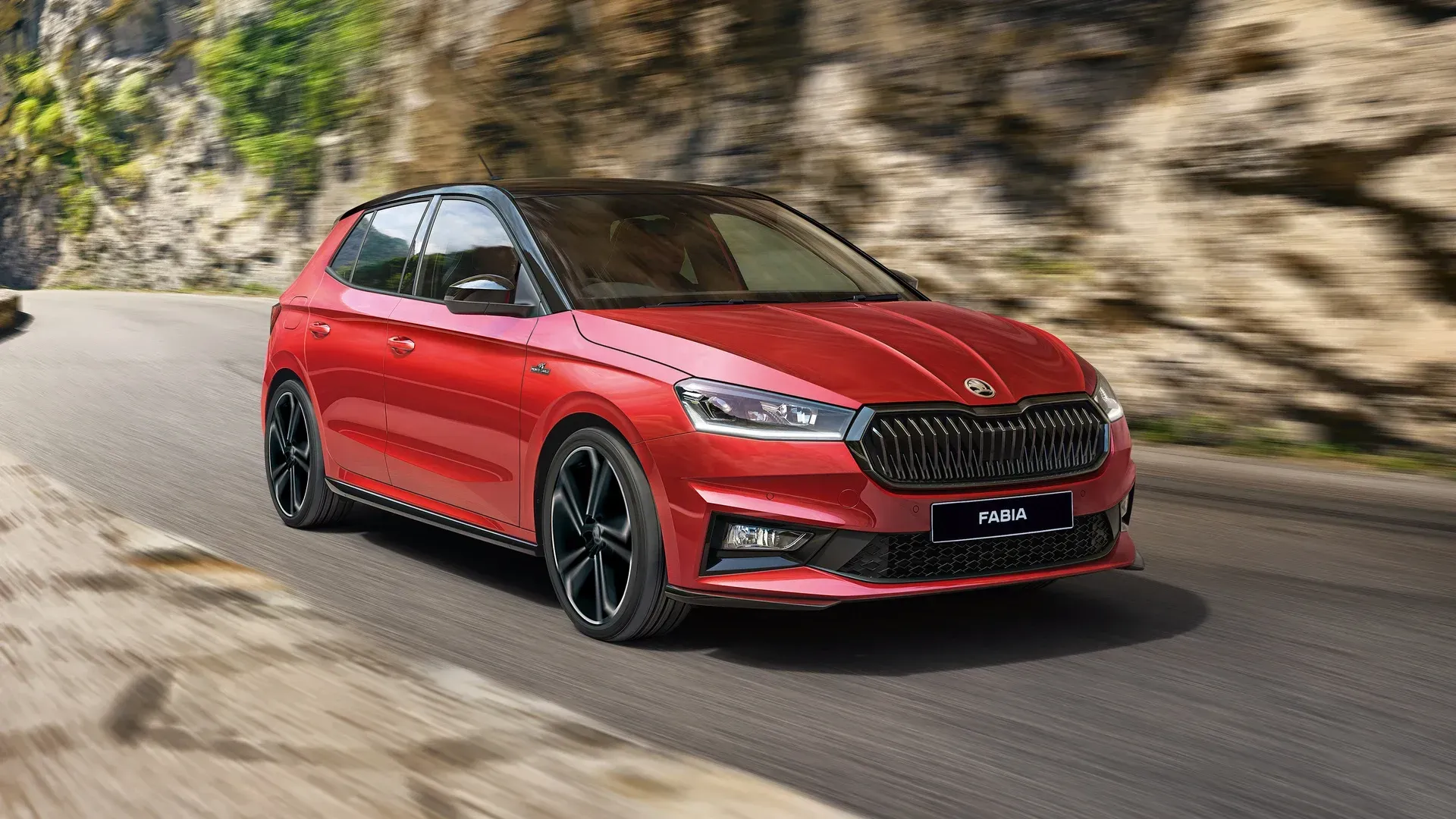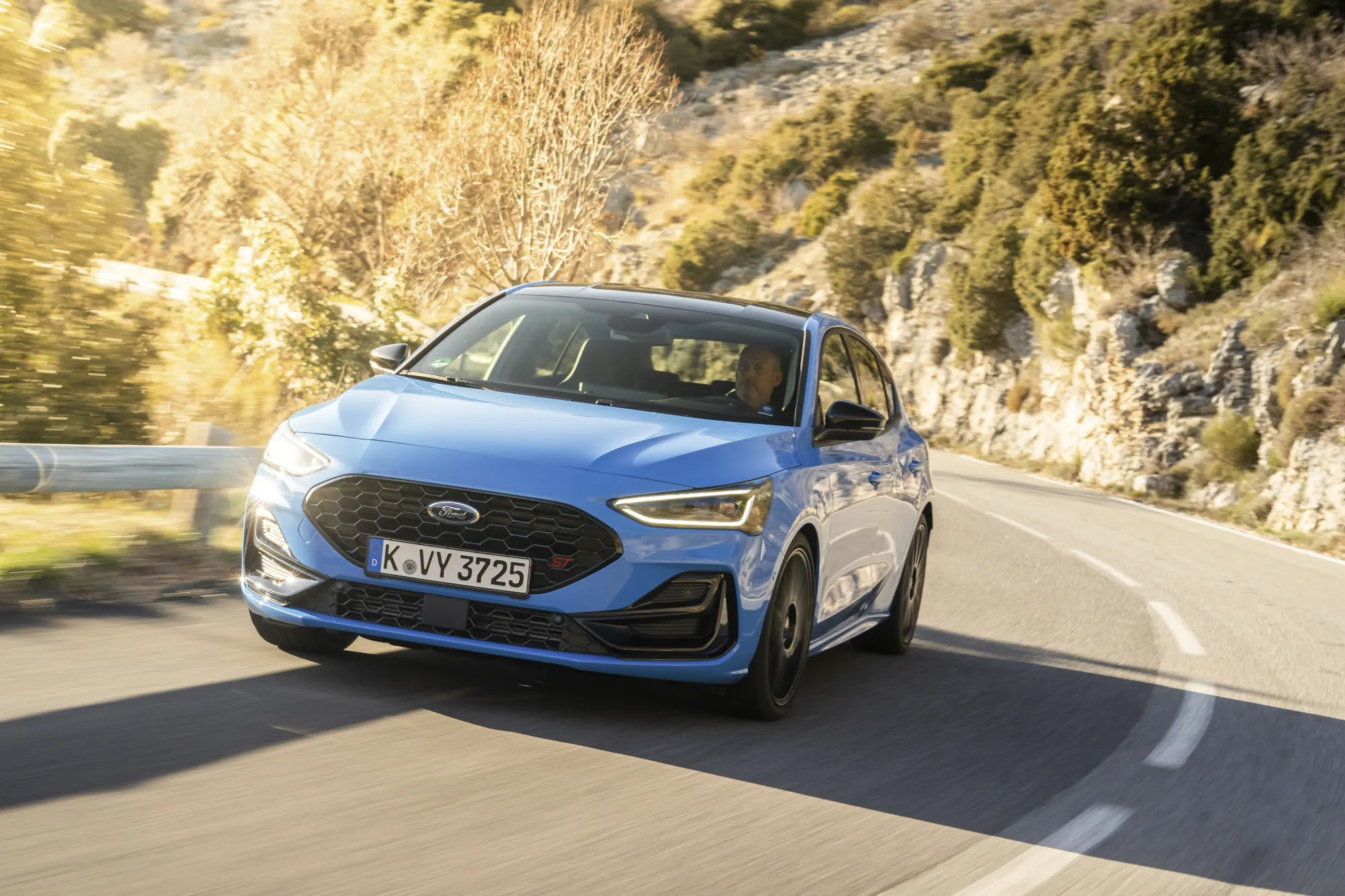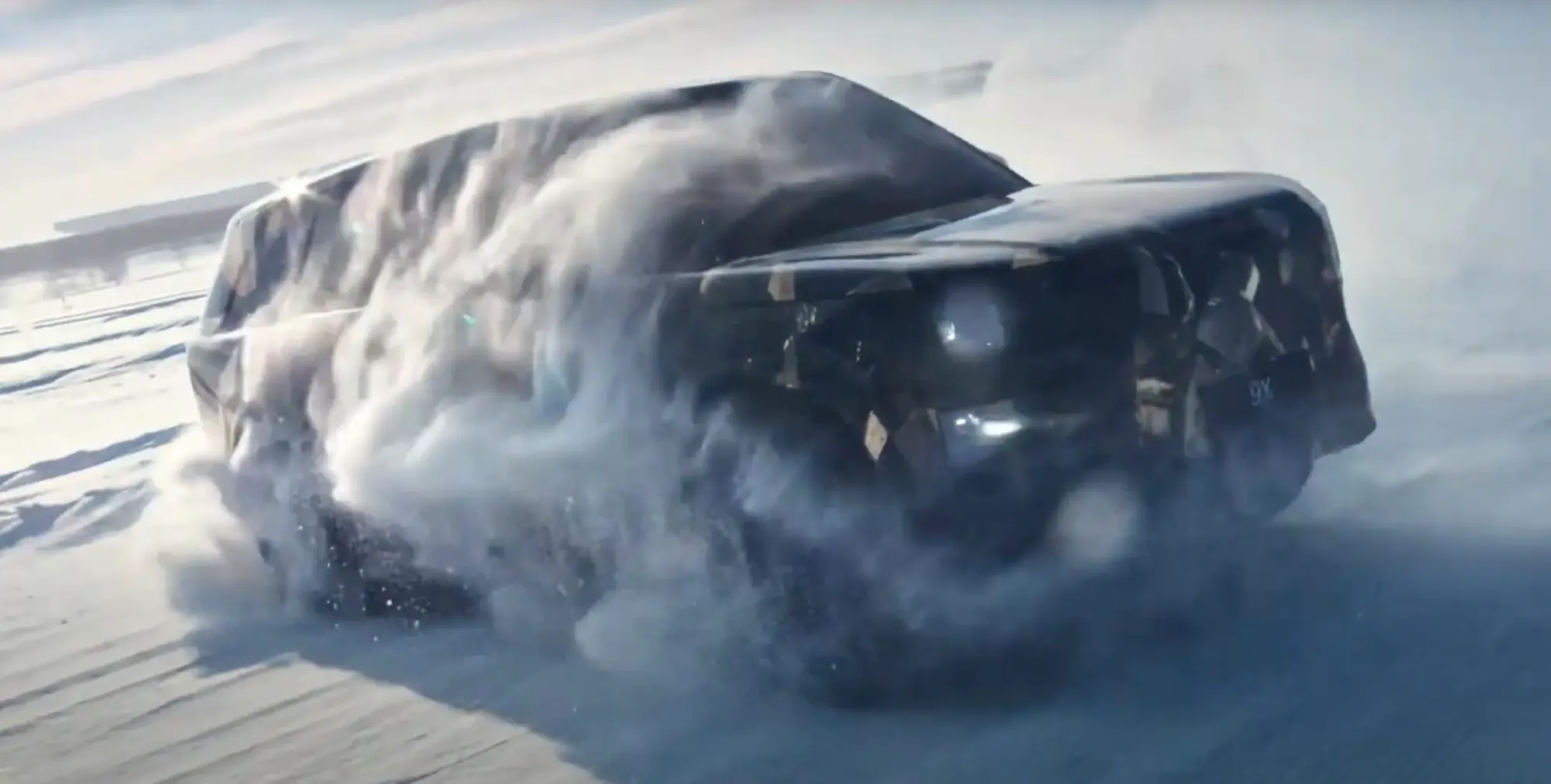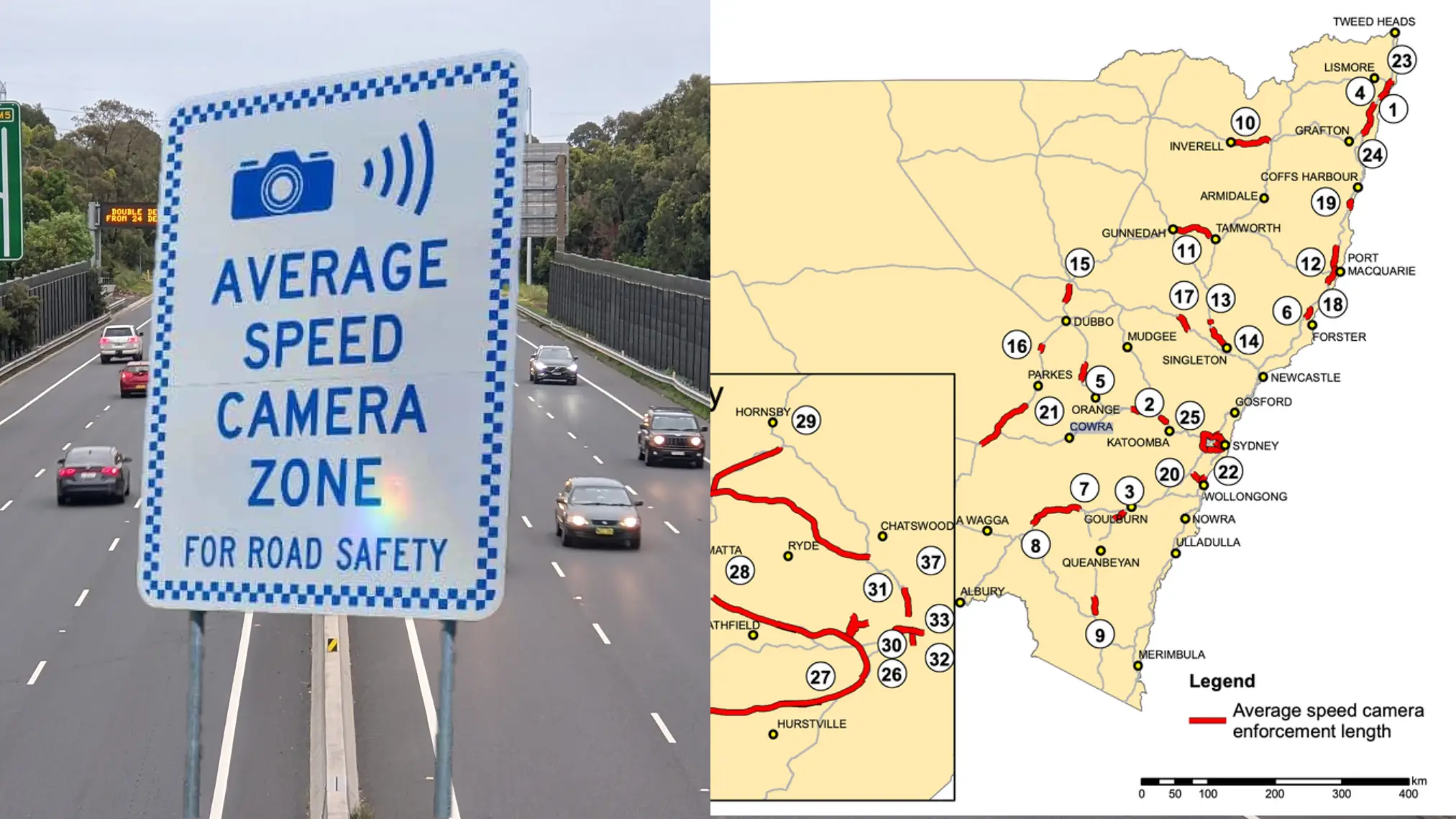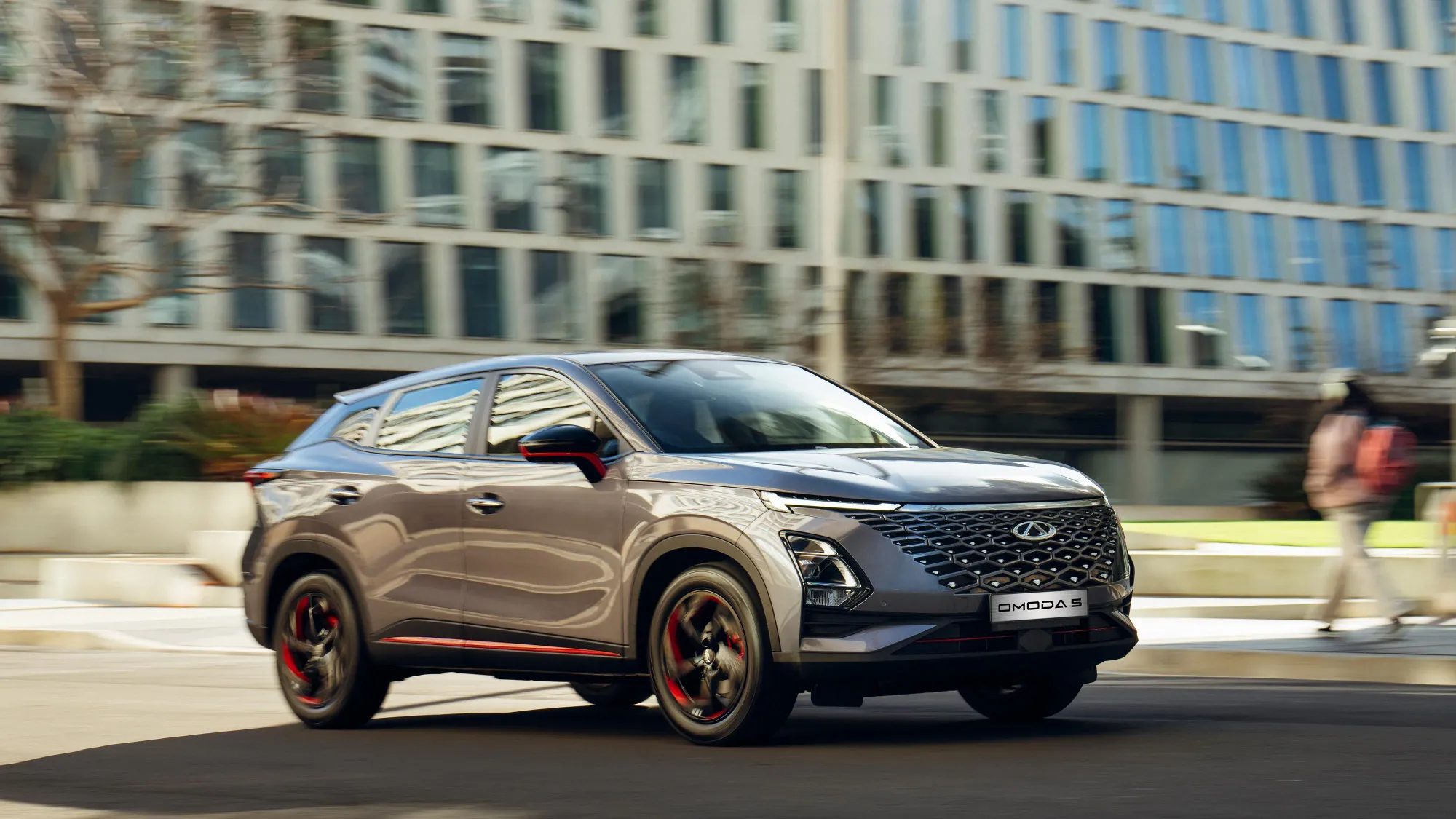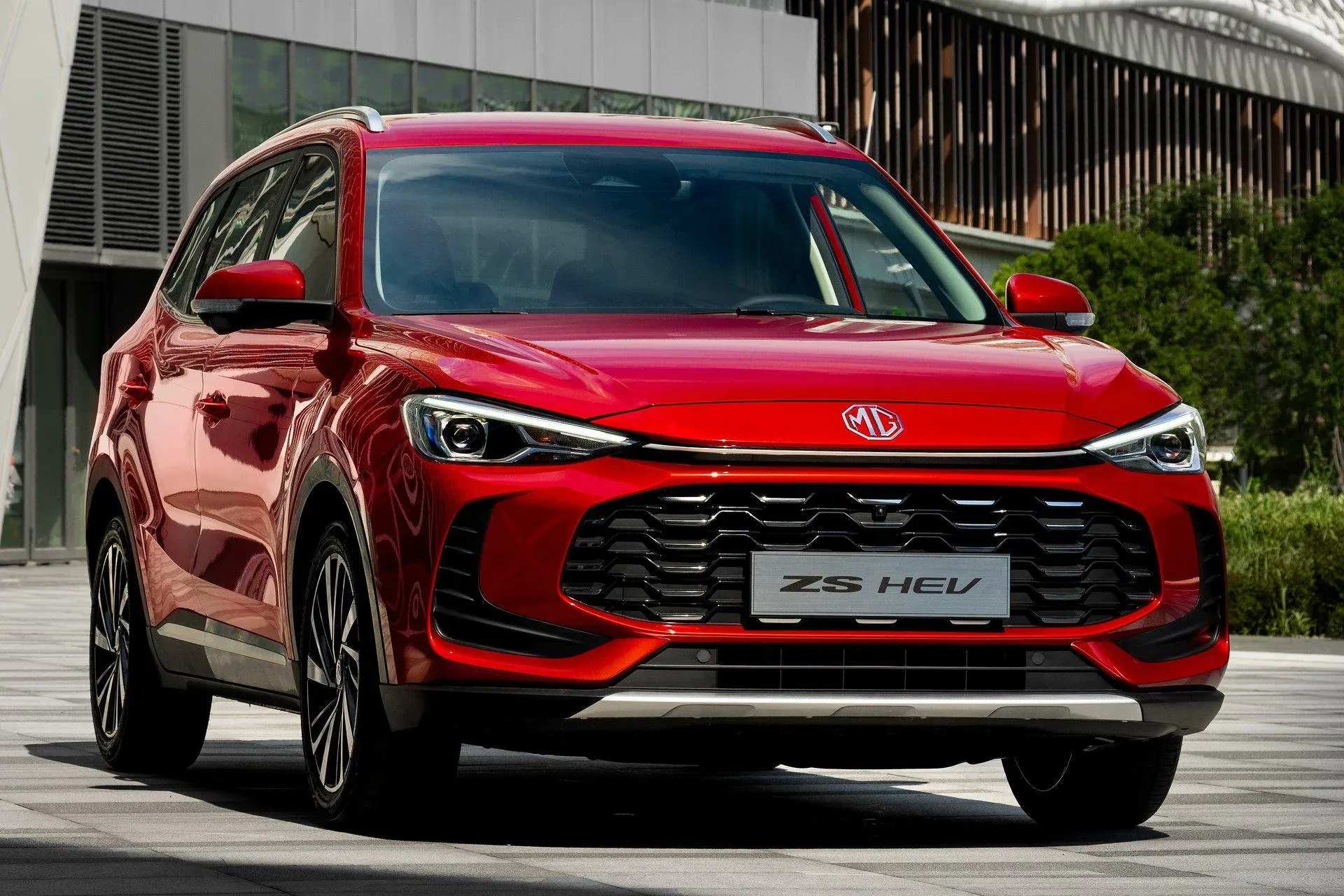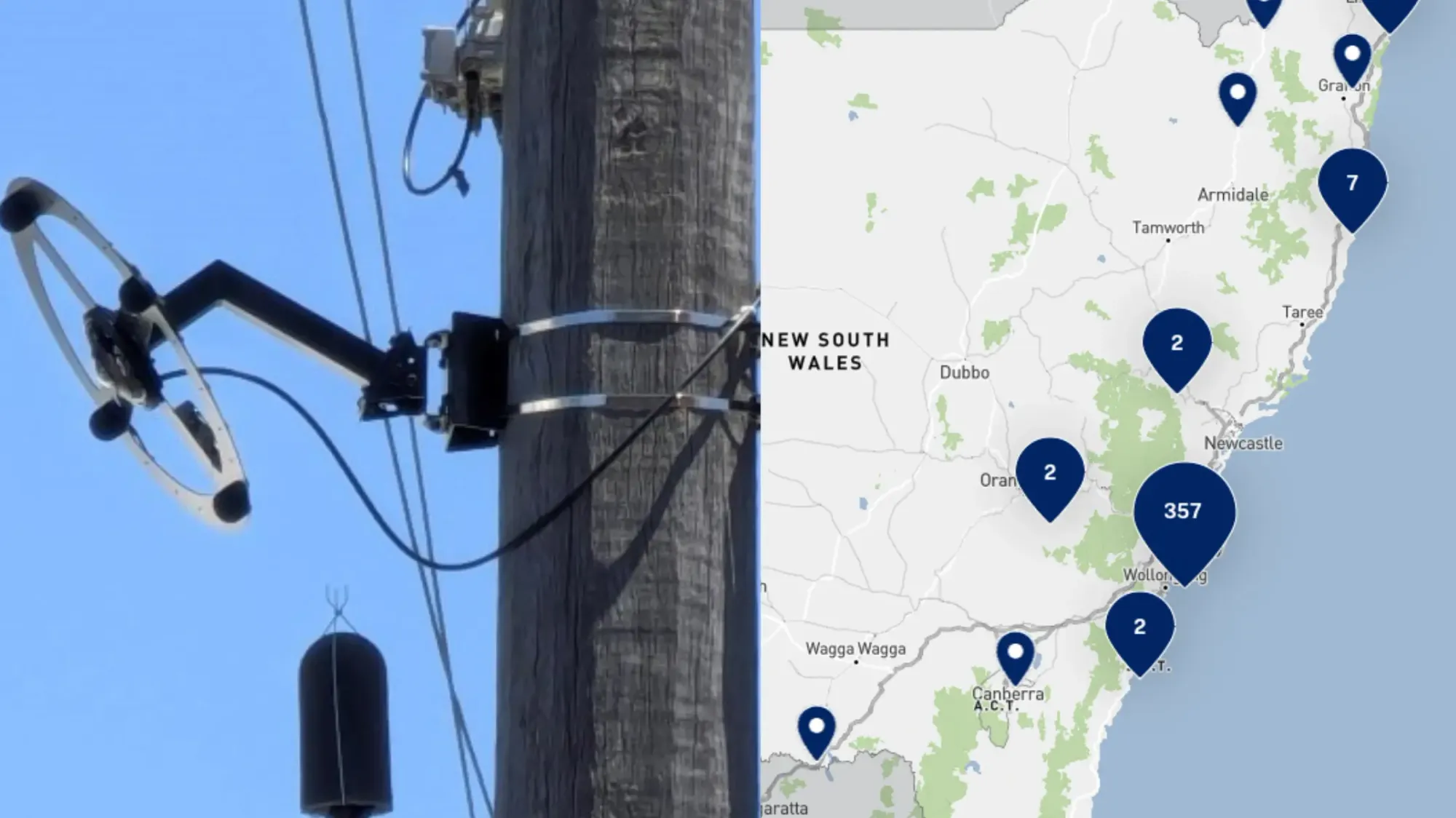BMW M, the high-performance division of the German luxury automaker, has reportedly shelved plans for a standalone supercar in favor of developing a high-performance SUV. This decision marks a significant shift in the company's product strategy and reflects the changing dynamics of the global automotive market.
Key points:
- BMW M had been considering developing a supercar to rival vehicles like the Audi R8 and McLaren supercars
- The company chose to prioritize the development of a performance-focused luxury SUV instead
- This decision was likely influenced by strong market demand for high-end SUVs
- The move allows BMW to compete with rivals like the Mercedes-AMG G63, Lamborghini Urus, and Aston Martin DBX
According to BMW M CEO Frank van Meel, the decision was driven by market trends and customer preferences. "We have to look at what's the biggest market segment and what's the biggest growing market segment," van Meel stated. He added that while a supercar would have been exciting, the potential for high-performance luxury SUVs is currently much greater.

The abandoned supercar project was rumored to have been in development for several years, with speculation suggesting it would have featured advanced hybrid technology and a design inspired by BMW's Vision M Next concept car.

Instead, BMW M is now focusing its resources on creating an SUV that will likely sit above the current X5 M and X6 M in terms of performance and luxury. While details are scarce, industry insiders suggest the vehicle could feature:

- A high-output hybrid powertrain
- Advanced all-wheel drive system
- Cutting-edge suspension technology
- Luxurious interior with the latest infotainment systems
- Distinctive M division styling cues
This strategic pivot aligns with broader industry trends, as several luxury and performance brands have introduced high-end SUVs in recent years. The success of vehicles like the Lamborghini Urus and Porsche Cayenne Turbo GT has demonstrated the strong market demand for SUVs that combine practicality with supercar-level performance.

While some enthusiasts may be disappointed by the lack of a dedicated BMW supercar, the company's focus on SUVs reflects current market trends and consumer preferences. The decision underscores the shifting landscape of the automotive industry, where even performance-oriented brands are adapting to meet the growing demand for versatile, high-performance SUVs.

BMW M's move also raises questions about the future of traditional supercars in an era increasingly dominated by SUVs and electric vehicles. As emissions regulations tighten and consumer preferences evolve, other performance brands may follow suit, potentially reshaping the landscape of high-performance vehicles.
Despite the shift away from a standalone supercar, BMW M has assured fans that performance will remain at the core of its identity. The company continues to develop high-performance versions of existing BMW models and is actively working on electrification strategies to ensure its vehicles meet future emissions standards while maintaining the driving dynamics M cars are known for.




As BMW M moves forward with its SUV-focused strategy, it will be interesting to see how the brand balances its performance heritage with the changing demands of the global automotive market. The upcoming high-performance SUV will likely serve as a showcase for BMW M's latest technologies and could set new benchmarks in the luxury performance SUV segment.



